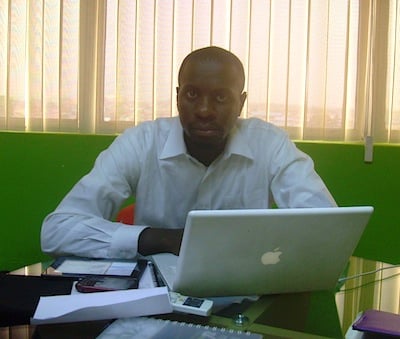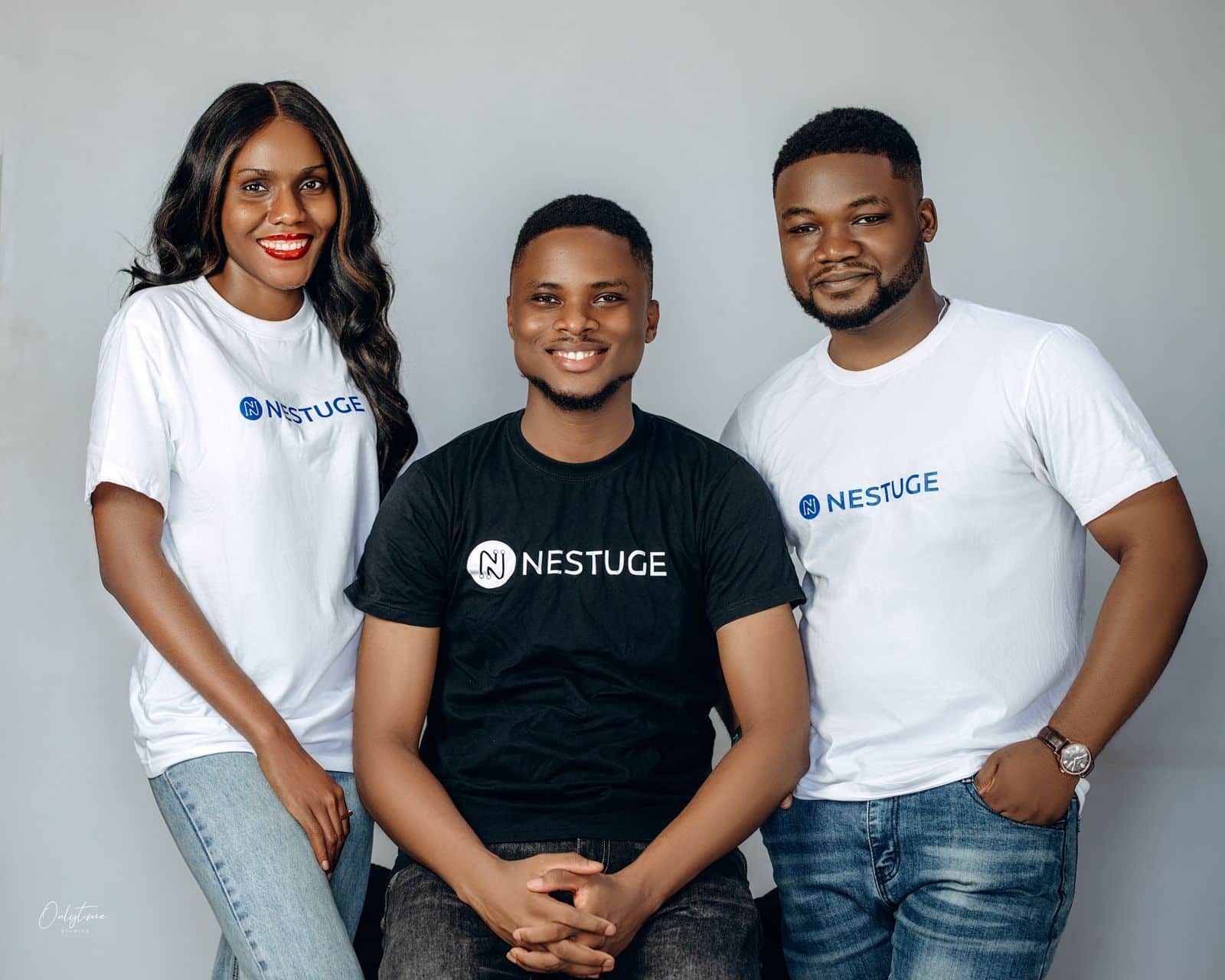On the first day of January 2020, Femi Longe published a Medium post announcing that he had stepped down as director of innovation at the Co-creation Hub (CcHub), a role he held since 2010.
As co-founder of CcHub, he, alongside Adetunji Eleso and Bosun Tijani, led CcHub to become one of Africa’s leading innovation hubs, churning out a number of startups and companies addressing major problems like government corruption and healthcare in Nigeria.
After nine successful years at CcHub, Longe decided it was time to move on and tackle the challenge of youth unemployment in Africa, something he had deferred for a while. With 200 million people aged between 15 and 24, Africa has the largest youth population in the world and according to the World Bank, they account for 60% of all of Africa’s jobless people.
Techpoint caught up with the serial entrepreneur to gain some insight into his new startup, Qiesto, and why he feels it can help solve one of the continent’s biggest problems.

After almost a decade at the Co-creation Hub, what prompted you to start Qiesto?
I’ve always had an interest in working with young people to help them achieve their full potential. Over the years, we’ve seen a number of initiatives targeted at young people to tackle unemployment but my biggest frustration is the scalability of such initiatives. I understood that we needed to tackle this issue at the total level of skill and that’s what took me currently to the solution we have at Qiesto.
A few years ago, I wrote an article — The education system Africa needs… — that in many ways epitomises my thoughts as regards solving the employment crisis in Africa. We need to transform what we currently have in our education to meet the needs of the society and for me Qiesto is a way for me to contribute my own part to that transformation — to take what our academic institutions have done towards talent development and take it to the next level.
At Qiesto, we are building a platform to connect young Africans to opportunities with which to showcase their competences as a pathway to jobs, further education, or entrepreneurship.
Compared to other companies building similar products, how different would you say Qiesto is?
I think our approach is completely different from what’s in the market. There are a few predominant approaches to tackling unemployment in Africa. The first is through learning programs and the majority of them are focused on technical skills like programming.
However, there are a few chunks of young people that aren’t interested in becoming programmers. So what we are doing is to take what young people want to do personally and equip them with tools that will help them achieve their set goals.
The other model is through internships. Unfortunately internships don’t scale and organisations can only take so many interns at a time. We’re creating a model that takes the challenges an organisation has and gives hundreds, if not thousands, of youth the opportunity to try their hands at solving these problems. This will create work experience and presents a win-win situation for both the organisations and the youth. That’s the model we’re playing out.
Most times a company hires interns and gives them simple tasks like running photocopies because they don’t trust their abilities. But we want to elevate the quality of experience that young people get when they work with an organisation.
If a company has a task and a hundred people are trying to solve it, does the company pay everyone of them? How does this model work?
The company is not hiring everyone to do a project and paying all of them simultaneously. It’s almost like a challenge. This is how it works.
A company puts out a task and if you feel you can do it, you put in your entry. If your entry is accepted, you’ll get paid based on its quality. But even if your entry doesn’t get you paid, there’s a certain threshold which when made, gets the company to acknowledge that you did a great job and you can then put that experience on your resume.
So you can think about this one way or another. There is a stage in one’s career where most of what you do is learn. Our model ensures that once you do a great job and pass a certain threshold, you are rewarded financially, with the company’s endorsement, or with an added experience on your resume. For the resume part, there’s a big difference between applying for a job with a cranky CV and one that shows that you’ve worked on projects for multiple top organisations.
You mentioned earlier that Qiesto needs to tackle this challenge on the level of building the right skills. What type of skills is Qiesto focused on improving in young people?
Although technical skills like programming, marketing, and accounting are major, our focus isn’t heavy. Our focus is more on transferable competencies and work ethics, things like the ability to communicate, share ideas, and critical thinking. These are skills that, irrespective of what your technical area of specialisation is, are required for you to have an edge when applying.
The difference between two people applying for the same job with the same degree from the same university, is not based on what they learnt in school but based on their ability to apply what they have learnt and their soft skills competencies. And at the moment our universities and education systems are primarily focused on technical skills and completely deficient in soft skills. So we’re trying to complement what universities have done so far.
What are the challenges you feel Qiesto might face going Pan-African?
I’ve travelled extensively across Africa and one thing I know for certain is that even with our language gaps, our cultures and problems are very similar.
We don’t need to physically establish offices to be present there and wherever we have two to five young people in an African country, Qiesto has already scaled into that place.
Currently our team is distributed across four African countries — Senegal, Rwanda, Kenya, and Nigeria. The intention is to leverage those people on the ground as our force and accelerate the growth of the company. For us, we intend to overcome some of the challenges associated with going Pan-African by scaling from day one and in the coming months, we will unveil our platform.











